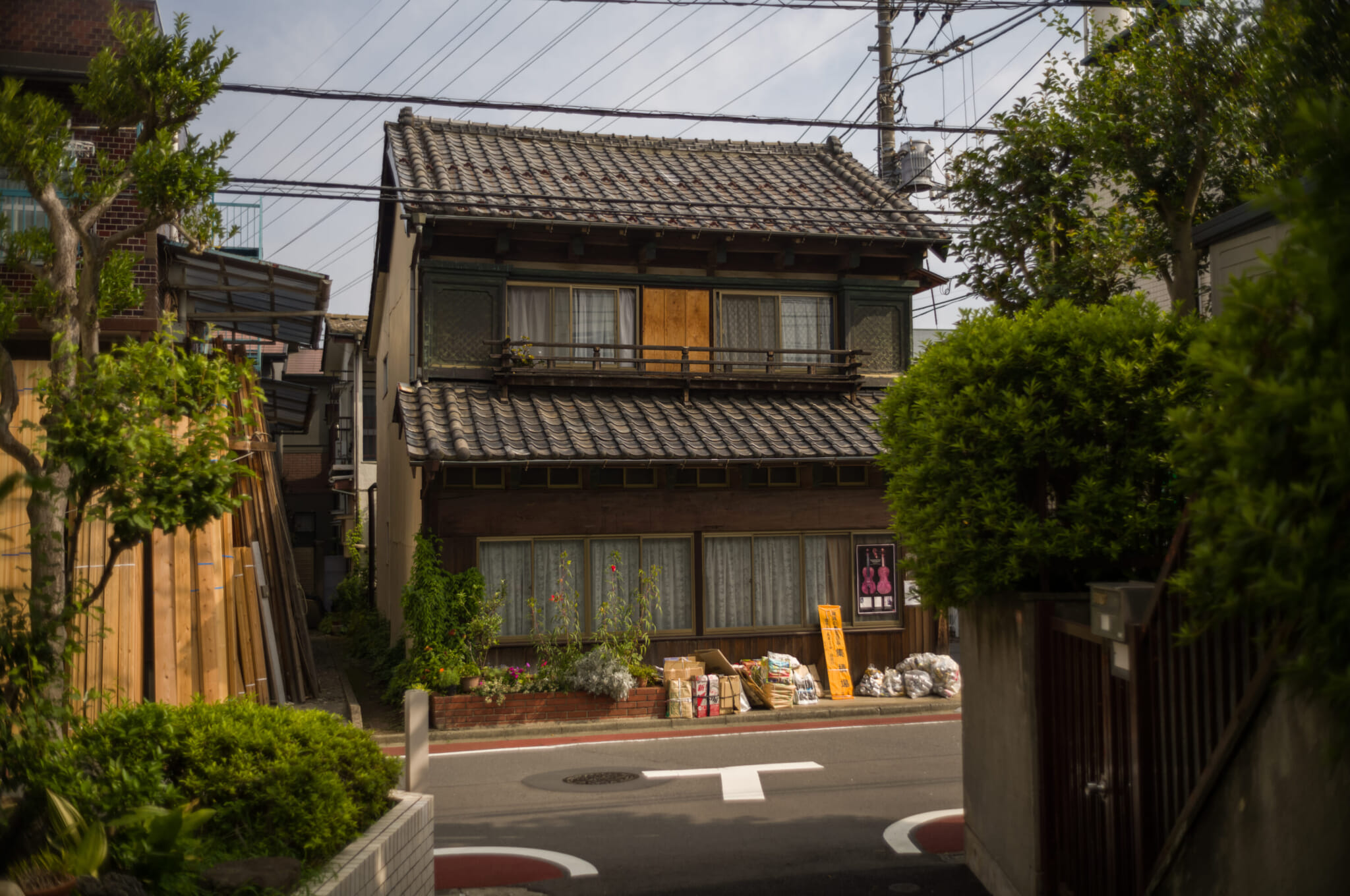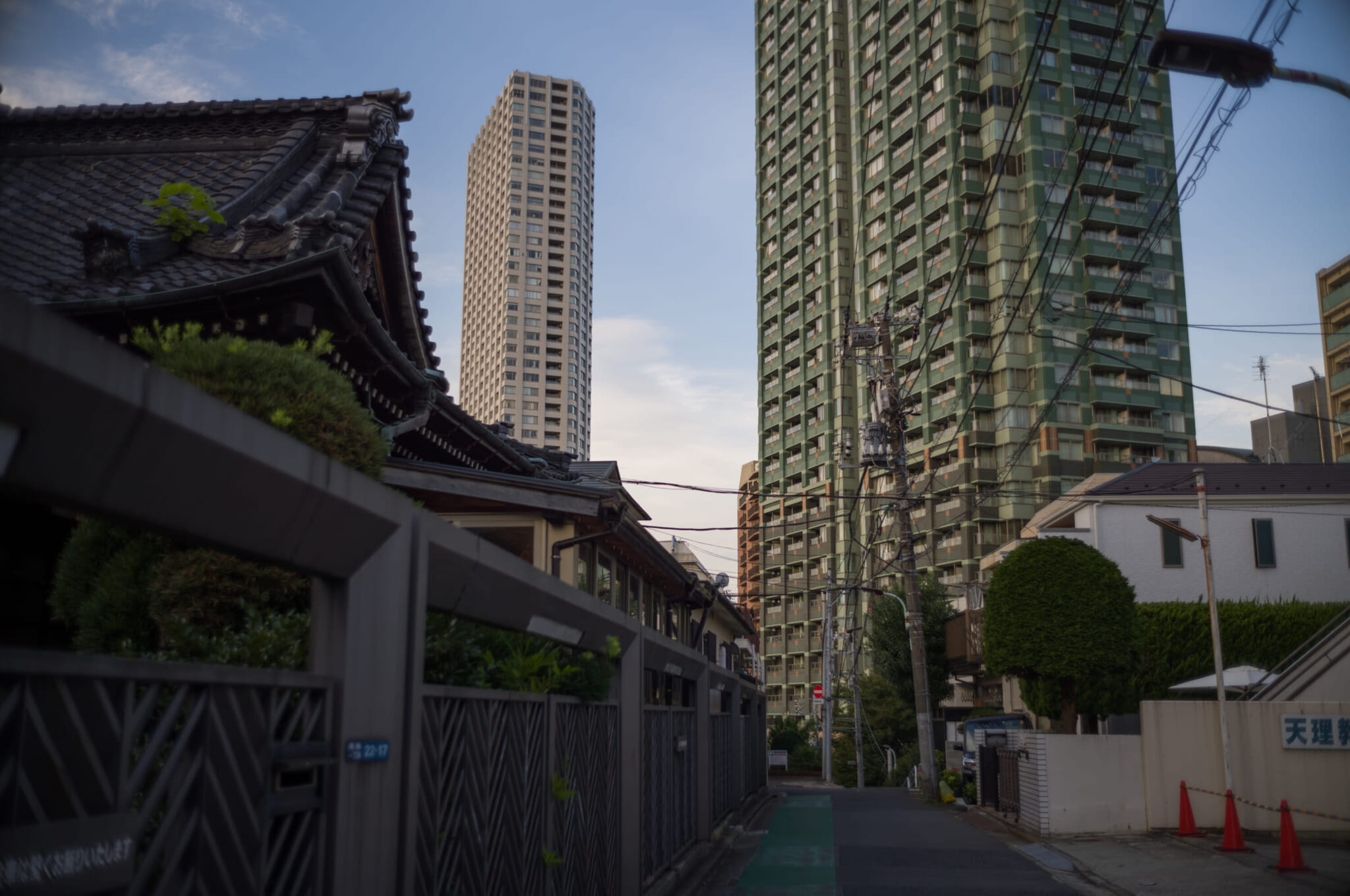Craig Mod has been a resident of Japan for over 20 years, writer and photographer for almost as long and a walker for longer. He chooses traveling on foot over trains and pizza toast over (nearly) everything. This all comes together in his book Kissa by Kissa, a fantastic read that I first came across in a tiny kissaten (Japanese-style café) in Hakodate, Hokkaido. And as it turned out, it was placed there by the man himself.
Mod and I dialed in on a Monday morning and spoke about everything from walking to membership programs to the Iwate city of Morioka.

Unconventional Living Through Special Projects
Mod, an accomplished author and writer with bylines in The New York Times, Eaters and The Atlantic, has a candid writing style that reads like a letter from a friend. Filled with observations and anecdotes, his writings bring stories to the everyday, from hot taiyaki to the wonderful views from a random hill in Shinjuku.
Since 2019, after working to fit into the big-name magazines, he decided to change focus and take control of his output. The result was a membership program called Special Projects (stylized as SPECIAL PROJECTS). “I had all these stories I wanted to tell and energy to put into it,” he explained of his motivation.
While embarrassed at first, Mod’s mindset shifted when he undertook the 25-day Nakasendo walk detailed in Kissa by Kissa. “I was able to think of that walk as being funded by the program as opposed to just me going and doing the walk,” he says. Each day, he would send a message to members describing the places he’d seen and the people he’d met along the way, with spontaneous conversations carried out in countryside Kissaten deftly woven into his writing.
Walking and Talking
Chatting to anyone and everyone and charming the locales with area-specific knowledge is a refined Mod skill after traveling with friend and mentor John McBride, who features in one of Mod’s favorite travel anecdotes. He gave me a lively play-by-play of the story, which went down in a tiny six-person country snack bar while the two were walking the Kumano Kodo pilgrimage route.
McBride, Mod recounts, fell into a deep conversation with an older fellow at the bar. “The old guy was holding John’s arm and stroking the hair on his arm,” he shares. “Then at eight-fifty, he jumped up and said ‘I have to be home by nine!’”
That wasn’t the end, though, as Mod explains. “He gave a speech to the five of us: ‘I’ve always thought foreigners were scary, ferocious things. I’ve never talked to one before, but now I know they’re sweet and lovely.’ And he leaned over and kissed John and walked out of the bar.”
Unique experiences like these pepper Mod’s newsletters, which are part of a bigger plan: books. His most recent — Kissa by Kissa and Koya Bond — are about observations from his walking journeys. “Newsletters,” he says, “are just drafts for books, essentially.”
Elevating the Everyday
From newsletters to books, Mod’s writing is interspersed with photos taken on the road, of buildings, places and various other subjects, which enhances the storytelling aspect of his process. “I see the two as being pretty intimately intertwined,” he says. A trained photographer, he is influenced by innovators such as Stephen Shore and Teju Cole, who find ways to make the mundane exciting. Shore, for example, might look at a gas station and focus on how to compose the shot to make it feel meaningful.
British publisher Mack Books has also shaped his photography, proving helpful, Mod shares, “for developing a vernacular of what is acceptable and what are the archetypes within photography that you can lean into. And not being obsessed with pure aesthetic fetishization.”
When we speak, Mod has just finished a run of Tokio Tōkyō Tokyo (stylized as TOKIO TŌKYŌ TOKYO), a pop-up newsletter that ran daily for a week. It saw Mod spend, as he explains, “about seven days of winter walking the city of Tokyo, a city I’ve now been walking for some 23 years.” Every evening for a week, Mod’s stories from that day’s walk popped up into subscribers’ inboxes, taking each reader along for the ride.
The newsletters, written in a story-like fashion with facts, a smattering of book recommendations and doses of infectious nostalgia, centered on walking, cafés and the people he met along the way. Mod offers an excerpt about a building site:
“I walked past the old Hara estate that was also the Hara Museum. Golly, how I loved that home. The last time I went I watched contemporary dance in the garden. They kindly sold copies of Art Space Tokyo for us. We featured them in the book because the space was wonderful, and the Hara family was wonderful.”

Positive Influence
Mod’s championing of the oft-overlooked has recently brought him to the attention of the Japanese media, whose interest lies in his recommendation of the humble northern city of Morioka to The New York Times for its “52 Places to Go in 2023” list. Unbeknownst to him, it snagged second place.
When discussing his choice, Mod explains that the city is an example of what could be: “Morioka felt like an archetype of what we need to be elevating in terms of depopulation as it continues to happen, not just in Japan but around the world. ”
As a side note – when taking the Shinkansen last month, I was greeted with advertisements stuck up inside walkways and on notice boards. Some of the promotional pictures were appealing with muted colors and tasteful interior shots. Upon closer inspection, the ads were for Morioka, and the photographer’s name was at the bottom: Craig Mod.
Mod appreciates that being self-funded to photograph and tell stories full-time is a rare position. He is grateful to his friends, readers — whom he describes as interesting and creative — and other supporters. Having a readership he can relate to, he says, gives him confidence to continue. “They’re rigorous; they’re trying to figure things out creatively in their own lives as well. That to me is what’s important.”
To find out more and to join Special Projects, visit Craig Mod’s website or Instagram.
